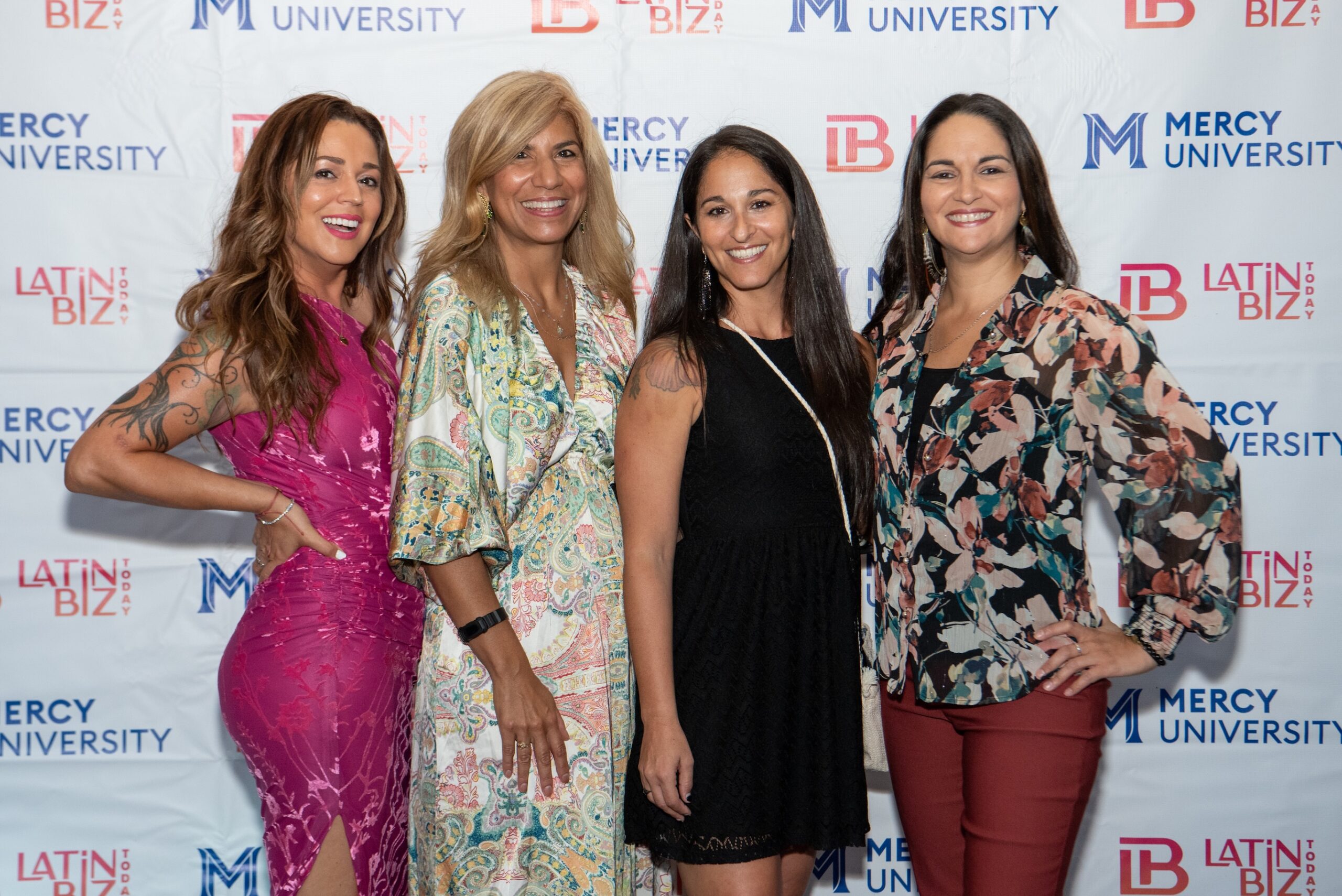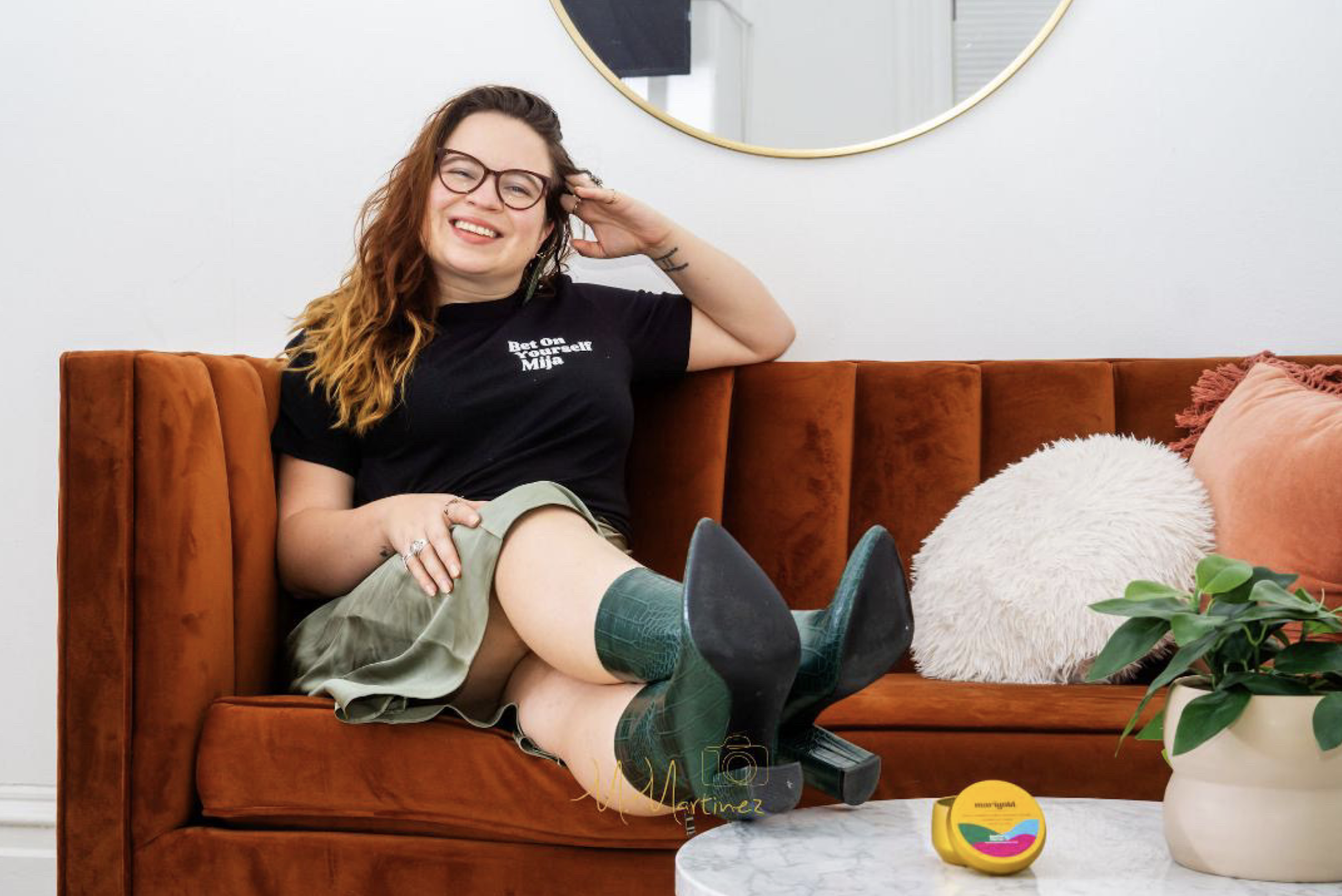Honoring Women’s Equality Day in the Latino Business Community

Much more than a historical observance; it’s an opportunity for our community to take meaningful action.
On August 26, the United States celebrates Women’s Equality Day, marking the certification of the 19th Amendment in 1920. This historic moment granted women the right to vote, a hard-won victory that came after generations of struggle. While this day commemorates a monumental achievement, it’s also a stark reminder that the fight for full equality is far from over.
Today, women still face systemic barriers in politics, the workplace, and society at large. The gender wage gap persists, with Latinas and Black women earning significantly less than their white male counterparts. Women are still underrepresented in leadership roles across all industries. Issues like a lack of affordable childcare and the disproportionate amount of unpaid care work women perform continue to hinder their economic participation. Furthermore, recent events have shown that legal and bodily autonomy is not guaranteed, underscoring the ongoing need for vigilance and advocacy.
For the Latino business community, this day is a powerful reminder of the ongoing fight for equity and inclusion. By celebrating the accomplishments of past leaders, we can inspire a new generation to address these enduring challenges and build a more just and prosperous future for all.
The Visionaries We Honor
We owe a debt of gratitude to the courageous women who dedicated their lives to the suffrage movement. Their vision and unwavering determination laid the foundation for the rights we exercise today.
Here are five of the most pivotal figures in the fight for women’s suffrage:
Susan B. Anthony: A leading figure of the women’s suffrage movement, Anthony was a relentless activist and speaker. She co-founded the National Woman Suffrage Association (NWSA) and famously voted illegally in the 1872 presidential election to challenge gender-based voting laws.
Elizabeth Cady Stanton: As the chief philosopher and writer of the women’s rights movement, Stanton was a key organizer of the first Women’s Rights Convention in Seneca Falls, New York, in 1848. She authored the “Declaration of Sentiments,” which demanded social and legal reforms for women.
Ida B. Wells: A brilliant journalist and civil rights activist, Wells was a fierce advocate for both women’s suffrage and anti-lynching campaigns. She challenged the white-led suffrage movement to be more inclusive and established the Alpha Suffrage Club to mobilize Black women voters.
Alice Paul: A more militant leader of the suffrage movement, Paul founded the National Woman’s Party (NWP). She organized highly visible, and often confrontational, protests and pickets outside the White House, using civil disobedience to pressure President Woodrow Wilson to support a federal amendment.
Lucy Stone: A trailblazing abolitionist and suffragist, Stone was known for her exceptional oratory skills. She founded the American Woman Suffrage Association (AWSA) and was one of the first women in the U.S. to keep her maiden name after marriage, inspiring the term “Lucy Stoner” for women who did the same.
Latina Trailblazers in the Fight for Equality
While the mainstream suffrage narrative often puts the focus on white leaders, Latinas played a crucial role in advancing the cause of equality, often fighting for their rights in both English and Spanish. Here are three important Latina trailblazers:
Adelina “Nina” Otero-Warren: A prominent suffragist in New Mexico, Otero-Warren was a leader in the National Woman’s Party. She was instrumental in advocating for the 19th Amendment and insisted that all campaign materials be published in both English and Spanish to reach the state’s diverse population.
Dolores Huerta: As a co-founder of the United Farm Workers, Huerta is a legendary labor leader and civil rights activist. Her work has always centered on empowering marginalized communities, especially farmworkers, and she continues to be a powerful voice for civil rights, women’s rights, and social justice.
Maria Guadalupe Evangelina de Lopez: A suffragist and educator in California, Lopez was a key leader in the California suffrage movement. She was known for her powerful speeches, which she delivered in Spanish to mobilize the state’s Spanish-speaking communities, making her one of the first to translate suffrage advocacy into Spanish.
3 Actionable Items We Can Do
Celebrating Women’s Equality Day is more than just a historical observance; it’s an opportunity for our community to take meaningful action.
Support and Promote Latina-Owned Businesses: Actively seek out and patronize businesses led by Latinas. Beyond buying their products or services, consider investing in these ventures, offering mentorship, or creating networking opportunities. Your support can help close the funding gap that disproportionately affects Latina entrepreneurs.
Advocate for Pay Equity: As business leaders, conduct a wage audit to ensure that women in your organization are being paid fairly for equal work. As employees, advocate for pay transparency and champion women in your workplace for promotions and leadership roles. A commitment to pay equity is a fundamental step toward economic equality.
Mentor and Sponsor Emerging Latina Leaders: Create formal or informal mentorship programs that connect seasoned professionals with aspiring Latina leaders. Don’t just mentor; become a sponsor. A sponsor is an active advocate who uses their influence and network to open doors and create opportunities, directly impacting a woman’s career trajectory and helping to build a stronger pipeline of female leadership.
Related content:
Latinas and Everyday Leadership for Work and Life
Awakening Conscious Leadership
Latin Biz Today Celebrates International Women’s Day
Latin Biz Today Celebrates Women’s History Month and Salutes Our Latina Community




